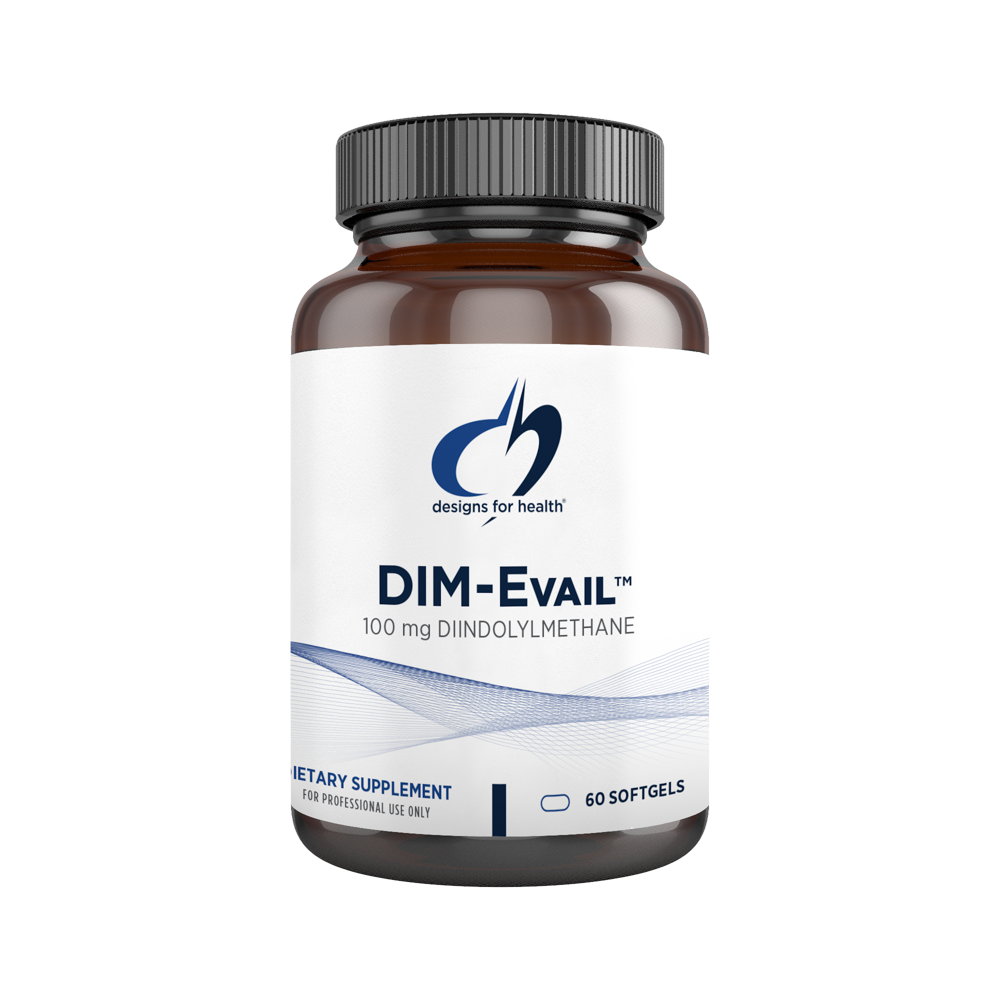The Surprising Connection Between Uric Acid and Cardiovascular Health
Dr. Kristie, dietitian Chelsi, and health coach Cheryl recently attended a thought-provoking conference on cardiometabolic disease where they encountered a captivating discussion on the role of uric acid in cardiovascular health. Spearheaded by renowned author and physician, Dr. David Perlmutter, the conversation shed light on the importance of maintaining optimal uric acid levels and its impact on our overall well-being.
Traditionally, uric acid has been primarily associated with gout, a painful form of arthritis. However, emerging research suggests this compound may have far-reaching implications beyond its well-known role in joint inflammation. Uric acid, a byproduct of purine metabolism, is typically filtered by the kidneys and excreted through urine. When levels of uric acid in the blood become elevated, it can lead to a condition called hyperuricemia.
Cardiovascular disease remains a leading cause of mortality worldwide. Often dubbed the "silent killer," it encompasses a wide range of conditions affecting the heart and blood vessels. Examples include coronary artery disease, heart attacks, and strokes. Identifying novel markers for cardiovascular risk assessment has been a crucial area of research, and recent findings have highlighted uric acid as a potential candidate.
During the cardiometabolic disease conference, Dr. David Perlmutter captivated the audience with his enlightening presentation on the significance of uric acid levels in relation to cardiovascular health. Dr. Perlmutter's book, Dropping Acid, delves into the topic, offering valuable insights into the management of uric acid levels.
Research suggests elevated uric acid levels may contribute to the development and progression of cardiovascular disease. Studies have shown a correlation between hyperuricemia and conditions such as hypertension, atherosclerosis, and heart failure. While the exact mechanisms behind this association are still being explored, several theories have emerged.
One theory proposes that elevated uric acid levels contribute to endothelial dysfunction, impairing the delicate lining of blood vessels. This dysfunction can lead to the formation of plaques, restricted blood flow, and increased risk of heart attacks and strokes. Additionally, uric acid may promote inflammation and oxidative stress, further exacerbating cardiovascular damage.
Given the potential role of uric acid in cardiovascular disease, maintaining optimal levels may have significant implications for our heart health. Lifestyle modifications, such as adopting a diet lower in purines (found in certain foods like red meat and seafood), sugar (especially high fructose corn syrup), and alcohol, may help decrease uric acid levels. Regular exercise, weight management, increasing fiber, and adequate hydration also play essential roles in mitigating hyperuricemia.
Furthermore, certain supplements such as tart cherry extract may help lower uric acid. A number of medications, including aspirin, diuretics, beta-blockers, and ACE inhibitors can result in higher uric acid loads. However, certain medications such as xanthine oxidase inhibitors, can lower uric acid levels by inhibiting the enzyme responsible for its production. However, it is crucial to consult a healthcare professional for guidance on supplement/medication usage and potential side effects.
The relationship between uric acid and cardiovascular disease represents an intriguing area of research within the healthcare community. As healthcare professionals delve deeper into understanding this connection, it is becoming increasingly evident that uric acid levels serve as an important marker for cardiovascular risk assessment. Dr. David Perlmutter's insightful discussion and his book Dropping Acid serve as valuable resources for professionals and individuals seeking to optimize cardiovascular health.
If you are interested in checking your uric acid level, it can be done with a simple blood test. The goal for cardiovascular health is to achieve a level <7.0. If your level is higher, you are invited to make an appointment with health coach Julie Petranovitch or registered dietitian Chelsi Webster to explore ways to lower uric acid naturally. If still not at goal, we can explore ways to decrease your need for diuretics and antihypertensives (if applicable) and add supplements and/or possibly medication to help. You are welcome to call us at 715-861-2300 to schedule a lab visit and/or learn more about our coaching/nutrition services.




